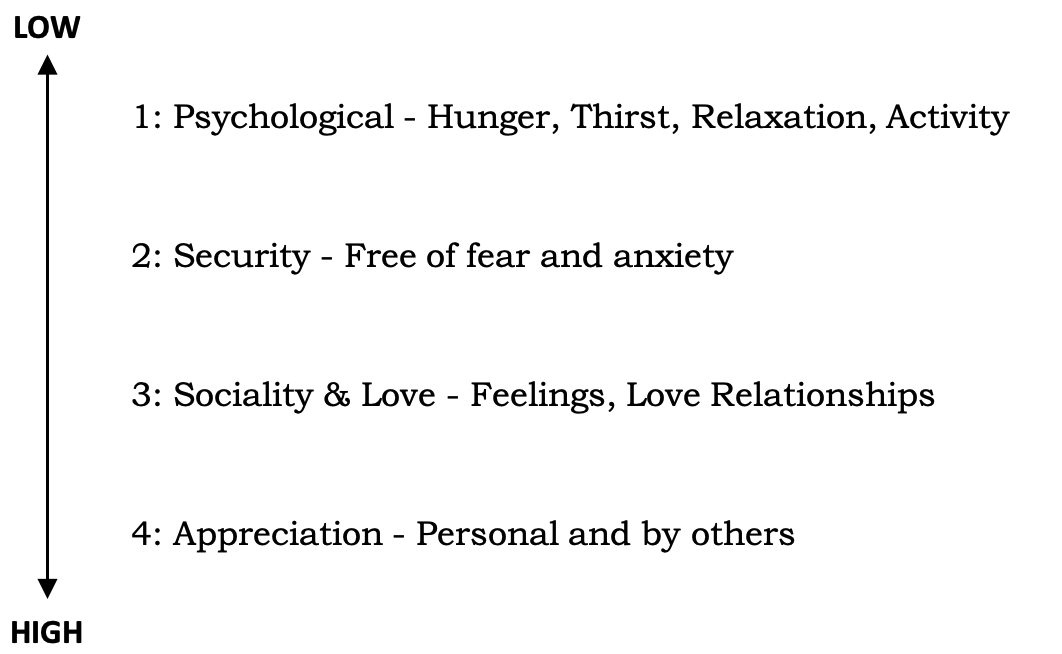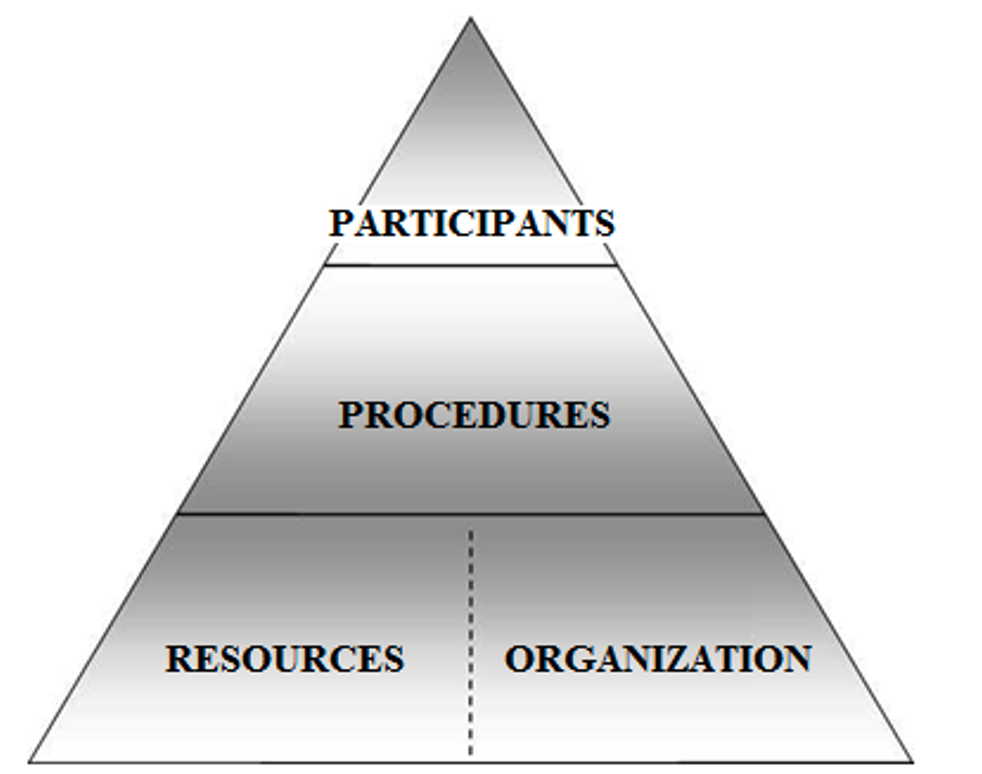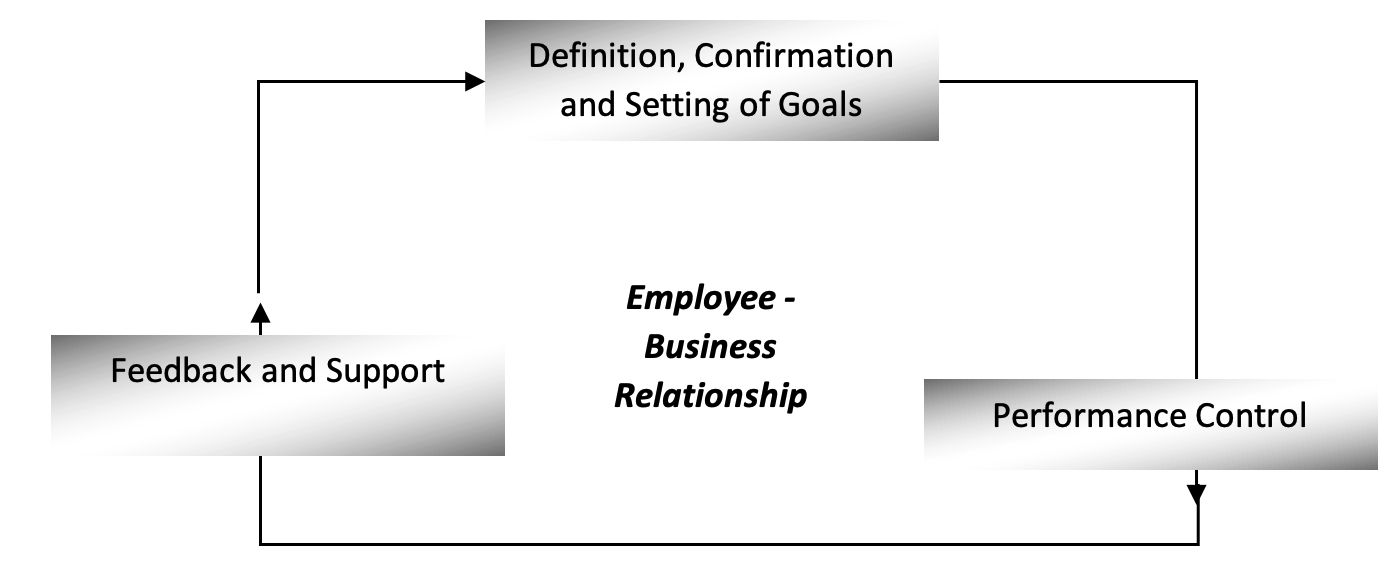HOTEL FRONT OFFICE MANAGEMENT: THEORETICAL AND EMPIRICAL APPROACH
SERGOPOULOS KONSTANTINOS
Department of Tourism Management, University of West Attica, Greece
Abstract
This work aims to investigate and record all aspects of organization, operation and efficiency of the Front Office for hotels. It refers to basic functionality parameters, namely: skills, staff skills, motivation and rewarding methodology, training and efficiency issues, and the general practices observed, for the proper functioning of the department.
Each department, and especially the reception, must continuously offer and improve the quality of services provided to customers. The ability of the reception's staff to answer questions, offer alternative solutions and fulfill customer's requirements is very important for the hotel to achieve its scope, Tania Kapiki Piveropoulou (1998).
Keywords: Front Office, training, staff motivation, performance
Reception staff - required skills
Reception and reservation staff must be fluent in foreign languages, especially those that are mainly used as mother tongue by hotel clients. They must also be acquainted with the online hotel program that uses the Hotel Office they are working with. A person working in Reception and Hospitality is required to be able to serve all kinds of needs of customers, at the same time being able to provide any necessary information for the customer. In this context, they should be able to be acquainted with: Customer Arrival Preparation, Customer Service on Arrival, Customer Quality and Hosting Supervision and Customer Departure Organization.
Along with that, receptionists must be able to prepare and update themselves with the necessary newest information on the tasks they are undertaking. Concluding, the number of responsibilities and duties of the reception and reservation staff along with their combined role can result to functional and organizational/administrative problems for the Front Office if no clear delimitation as to both type of works and time consuming for these works is established. Any delimitation alone, though, cannot be enough. Reception staff must be sufficiently experienced and trained so they often take the initiative to organize and resolve problems themselves without being obliged to wait for orders by their supervisor.
Front Office Software
Front Office consists of the following segments: Front Desk (or reception), Reservation Department, Concierge, Call Center (PBX), Executive Floor and Client Account Monitoring Department. Reception systems were not always the same; they evolved over time. For example, on a customer arrival, the employee was obliged to write customer details (name, number of persons, room number, etc.) in different forms and several times. As a result, the employee needed about half an hour's work to care for each arrival. After that, a system came around by the name "Roof", first appeared in America. This system made use of sophisticated forms affixed on a special support board, all filled in simultaneously using carbon paper. But today, with the use of computers, these systems have been replaced, Laloumis, D. & Roupas, B. (1996). In detail, the choice of an electronic system depends on the needs of the hotel business and the way of its function (size, type of tourists, interconnection of departments, etc.) Today several online programs (systems) are used by hotel companies in the Front Office (Opera, Protel, Hermis, Fidelio, etc.) These programs are also used in the hotel's reservation department; they are called PMS (Property Management Systems). It is worth mentioning that today most of the reservations come from the internet. Hotels run a web site providing complete information on the services provided and the possibility of direct booking. Furthermore, for the better functioning of the reservations department, many hotels that are members of large hotel chains (Marriott, Intercontinental, Hilton etc.) have installed a separate CRS - Computerized Reservation System in addition to the Front Desk system.
Training of the Staff of Front Office
The skills and qualifications of persons working in the Front Office depend on the tasks they are assigned to do. All Front Office employees must be polite, honest, pleasant, know how to deal with and solve customer problems, and most of all, be armed with enough patience. To achieve this, the management must set as a primary objective the continuous training of the staff in all fields of knowledge they deem necessary. In this way, hotel executives and employees know and understand the philosophy, mission and goals of the business, identify the procedures and processes they must follow to carry out their own tasks, and interact with other departments of the business. Exarchos G. (2004).
Additionally, the necessity of education lies in the fact that a large percentage of hotel employees tend to switch from one occupation to another thus creating this instability in the Reception Department. Again, many of them consider their job temporary with few of them returning next year.
Three basic types of training can be distinguished in the reception department:
- Intra-department education. It is about in-house training within the department. Usually the director of the department or the assistant director shall be responsible for training the staff on matters concerning this department. Intra-department education is provided on a regular basis and is continuous. Some well-organized hotels emphasize in staff training and integrate this training into the daily tasks of the manager and employees with few-minute training sessions usually taking place in shift change to ensure that all employees are involved.
- Intra-company training. Hotels periodically organize in-house seminars. These seminars are usually held on the hotel's site. For a hotel belonging to an international chain the training can be done at another chain hotel abroad. Staff specialized in training, already professionally experienced in the subject matter of the seminar undertake this training. Front Office employees are among the first in the business to be invited to attend in-house seminars since they must be well trained as front line employees.
- Out-of-business training. Often, reception staff participate in training programs organized by training companies. These programs usually have to do with learning new electronic systems and new technologies.
Lately, with the development of new technologies, distance education is often applied. However, this form of training is applicable mainly to global hotel chains that have educational platforms and employees have access to them by use of a personal code.
Staff Motivation
The Front Office Hotel staff motivation is based on the human factor. The products and services thus become of social character in the tourism market. So the surplus, or even the whole quantity of services offered, is not only intended to satisfy one's own individual needs, the employee, but especially the hotel's customers.
Let us consider the following diagram.

The above Maslow pyramid diagram argues that the theory of motivation is holistic and dynamic and can be applied to both work and non-work life level. Herzberg on the other hand (1968) proposed the idea of job enrichment as a follow-up to the KITΑ (kick-in-the-ass) which for most executives was an approach to employee motivation. This strategy includes the ability to modify the work of the employee so that it is more important and gives them the opportunity for recognition and greater responsibility: Tanke, M. (2001).
However, Herzberg's research found six incentives and eight disincentives. The incentives are related to the work itself and the disincentives to the work environment and are presented in the following table of the incentives and disincentives of Herzberg's theory.
|
Incentives |
Disincentives |
|
- Achieving a goal |
- Administration and policy of the organization |
|
- Recognition of effort |
- Supervision |
|
- Evolution at work |
- Working conditions |
|
- The very object of the work |
- Interpersonal relationships in the organization |
|
- Responsibility |
- The salary |
|
- Possibility of personal development |
- Prestige |
|
|
- Personal life |
|
|
- Occupational safety |
It is about a theory that is based on any workplace. Objections have been raised about the potential for motivation of some disincentives such as salary, prestige and interpersonal relations which, according to Herzberg, are not capable of substantially motivating the employee. In fact, however, everyday experience has shown that they can as well act as incentives. Vahari, A. (2006).
Performance of Front Office
Performance is defined as the quality of efficient, that is, productive, thriving (Tegopoulos & Fitrakis, 1993). In Business, performance is defined as a four-factor model. These are: The Participants, The Procedures, The Resources and The Organization (Kotler. P, 2000).

The question for the business is how it can add value, especially at a time when the business must increasingly rely on the knowledge, qualifications and commitment of its employees in order to remain competitive. The scientific management of performance first emerged in the early 20th century as a result of the studies of Taylor and others, which focused on identifying the ideal way of working.
Although there is no specific manageable model, performance management is an umbrella term, generally described as an activity cycle that combines similar elements. It is a cycle of activities where the employment relationship is influenced by the continuous process of setting goals, measuring efficiency and supply (Storey & Sisson, 1993; Clark, 1998).
The Effective Performance Management Cycle in the Reception Department is the central scheme in a Performance Management System and is based on the employee's psychological contact with the client. This means that when an employee signs a formal employment contract, this also includes the psychological contract, which is a set of expectations and understandings developed between the hotel employee and the client, since every client's expectations during their stay have been determined: Laloumis D. - Loupa Ch., (2007).

Karagiannis St. (1997)
Performance for the reception department focuses on the following: D. Laloumis, K. Sergopoulos (2017):
- Check in Speed: The speed at which the customer is served upon arrival at the hotel. The higher the speed of service, the more efficient the Check in Speed.
- Check out Speed: Similarly to Check in Speed, only this is about the customer leaving the hotel.
- Upselling: The attempt to sell further products and/or services to the customer that have not been requested for. This is directly related to the satisfaction of the client's hidden desires as discussed above.
- Loyalty Club: The hotel's attempt to accept "repeaters" who are also listed as "loyal customers". This effort can be linked to additional benefits to the customers on this list (e.g. discounts on accommodation, tour packages, etc.).
- Test Calls: Virtual request for booking and / or customer service from Front Office employees. The virtual request is made by an authorized person in the business without the receptionist knowing that a performance check-in process is currently taking place. Test calls are the best way to determine if the reception staff really provide quality service and whether the services offered meet high quality standards.
- Overtime Operating Cost Reduction: Front Office management tries to reduce operating costs from overtime by department employees without creating customer service droops (e.g. variation of shifts based on anticipated occupancy).
In fact, any increase in performance in a business must be accompanied by the proportionate quality. Efforts should not only focus on increasing employee productivity and efficiency, but also give a proportionate, perhaps even more substantial, basis to quality. For example, if in a hotel the effort to increase employee productivity for rapid customer arrival is not accompanied by simultaneous quality customer service, the work pressure on the employee at the time of arrival will produce "rude" behavior towards the client and possibly a tendency to impolite manners. As a result, any "high marks" to the hotel business due to quick service are essentially lost because of the negative behavior experienced by the customers.
Conclusions
One of the hotel's neural departments, the Front Office, whose vital role in a hotel is unquestionable has described and analyzed. The method used is a simple empirical approach to the tasks that allow for its estimation and evaluation.
In fact, it can be said that this department is the brain of the entire hotel business. The grounds for this fact are: In the field of customers' impression about the hotel, the Front Office is what primarily comes into contact with the customers, resolves their problems and fulfills their requirements. It is what gives the necessary information to the rest departments of the hotel unit.
References
D. Laloumis, K. Sergopoulos (2017). Reception and Floor Management. Rooms Division Management, Unibooks Publications, Athens.
Exarchos G. (2004) Teaching Notes TEI of Crete, Heraklion, p. 55.
Karagiannis S. (1997) Organization and operation of the hotel, Hellenic Publication, Athens, p. 87.
Kotler, P. (2000), Marketing Management. Millennium Edition, London: Prentice Hall.
Laloumis D. - Loupa H., (2007) The Role of Emotions in Tourism Business Management, Tourism Issues, Vol. 2, p. 38-59.
Laloumis, D. & Roupas, B. (1996) Personnel Management of Tourism Enterprises, Interbooks Publications. Athens, p. 67.
Nayak, R., Drazen, E. & Kastner, G. (1992) The High Performance Business: Accelerating Performance Improvement. Prism: First Quarter.
Stephen, A. & Roithmayr, T. (1998) Escaping the Performance Management Trap. In: Butteriss, M. (Eds.) Re-Inventing HR: Changing Roles to Create the High Performance Organisation. Toronto: John Wiley & Sons, 229 - 248.
Storey, J. & Sisson, K. (1993) Managing Human Resources and Industrial Relations. Buckingham: Oxford University Press.
Tania Kapiki Piveropoulou (1998), Hosting Operations, Interbooks, Athens, p.p 27.
Tanke. M, (2001) Human Resources management for the hospitality industry. 2nd edition NY: Albany.
Tegopoulos & Fitrakis (1993) Greek Dictionary. 7th Edition, Athens: Eleftherotypia.
Vahari, A. (2006) The motivation of human resources in the international hotel chains of Athens. Case study: Athens International Luxury Chain Hotels. Postgraduate Thesis. Hellenic Open University, p. 38.
